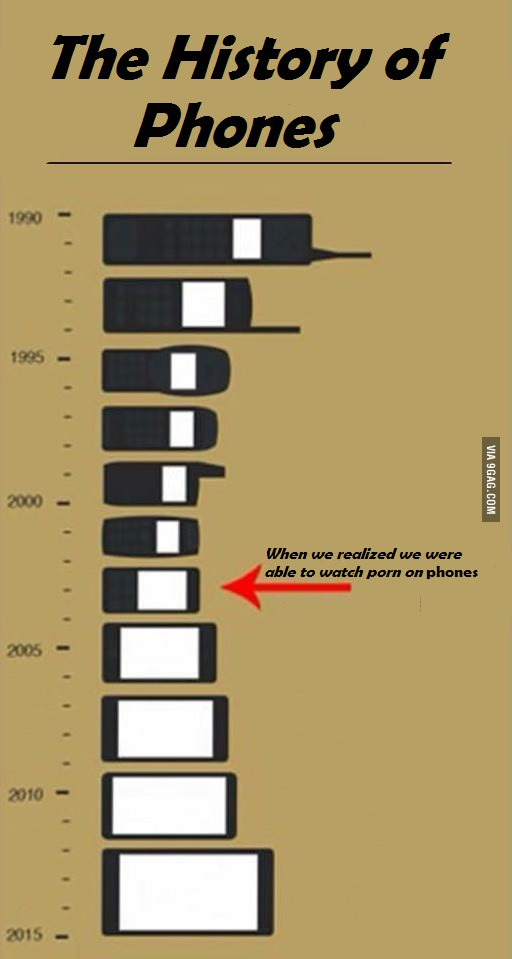
Colossus

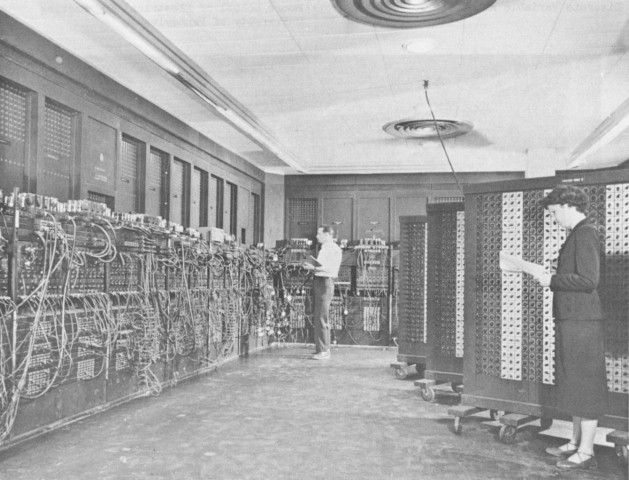
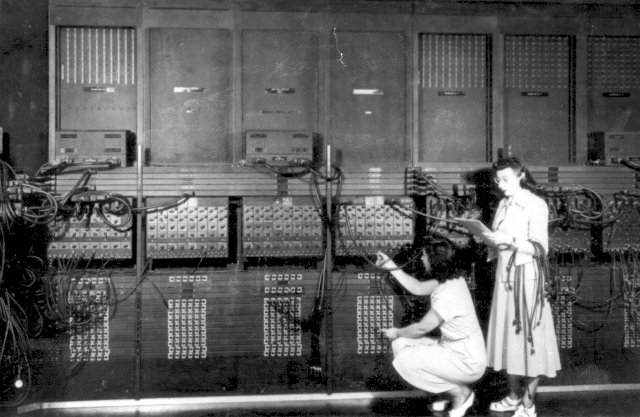
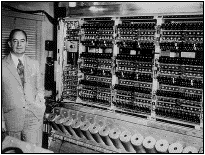
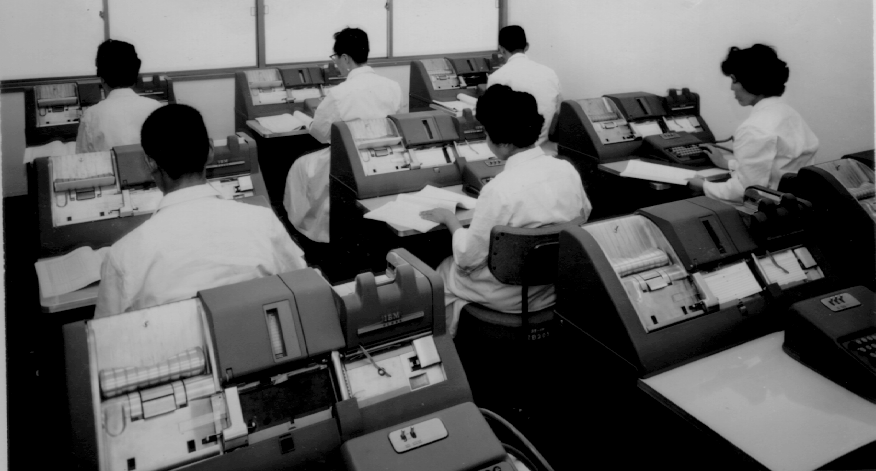
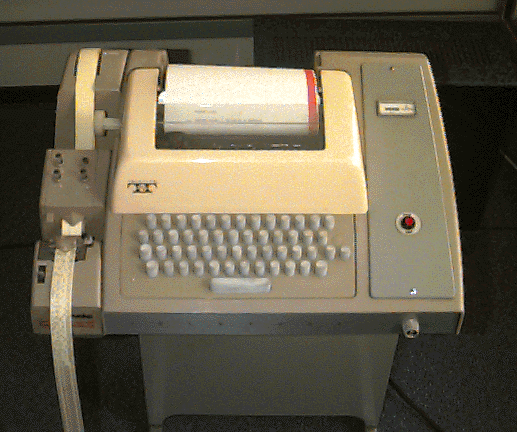
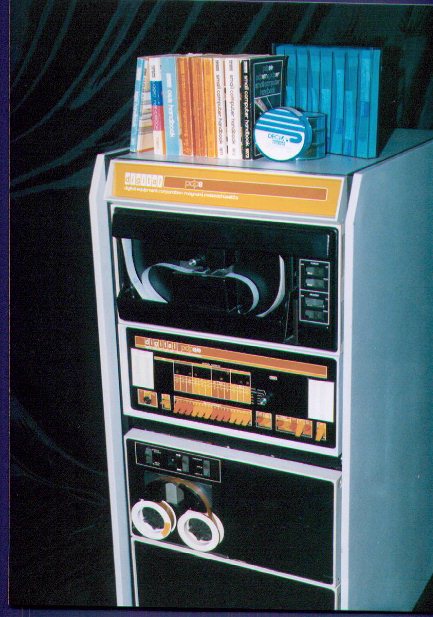
| technology |
languages & applications |
how computers were used |
|
| 1 |
vacuum tubes | wires, assembly language |
military research, census, weather
forecasting |
| 2 |
transistor |
higher level languages--Fortran
, Cobol |
scientific research, mathematical
problems , recordkeeping by big
businesses and government |
| 3 |
integrated circuit |
BASIC, first
word processors for offices (on
special purpose minicomputers) |
timesharing, text based games
, still mostly programs to make calculations,
wide use in universities |
| 4 |
microprocessor |
applications become the usual way
of using computers, instead of programming |
games (but videogame machines are
cheaper), small businesses, education |
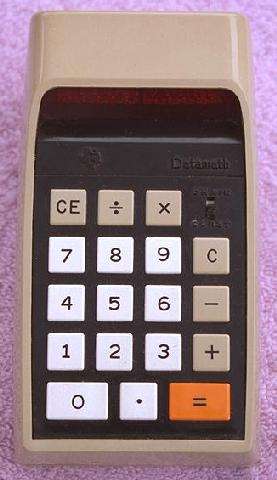

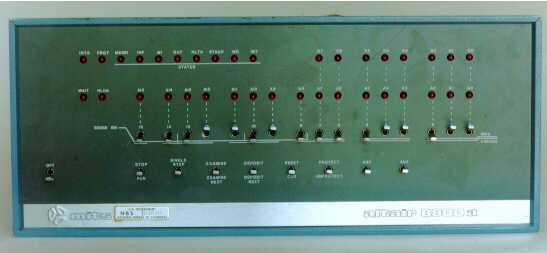
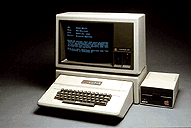
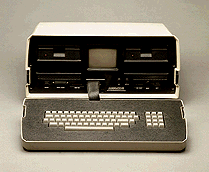
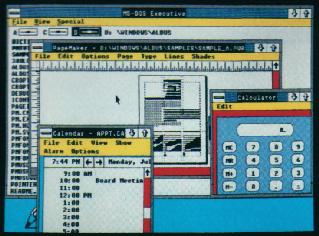
| 1982 | 1984 | 1986 | 1988 | 1990 | 1992 | 1994 | 1996 | 1998 | 2000 | 2002 |
2004 |
| 235 | 1,024 | 5,089 | 56,000 | 313,000 | 1,136,000 | 3,864,000 | 16,729,000 | 36,739,000 | 93,047,785 | 162,128,493 | 285,139,107 |

| 1992 | 1993 | 1994 | 1995 | 1996 | 1997 | 1998 | 1999 | 2000 | 2001 |
2002 |
2003 |
2004 |
| 50 | 623 | 10,022 | 23,500 | 603,367 | 1,681,868 | 3,689,227 | 9,560,866 | 25,675,581 | 36,276,252 | 35,543,105 | 45,980,112 | 56,923,737 |
